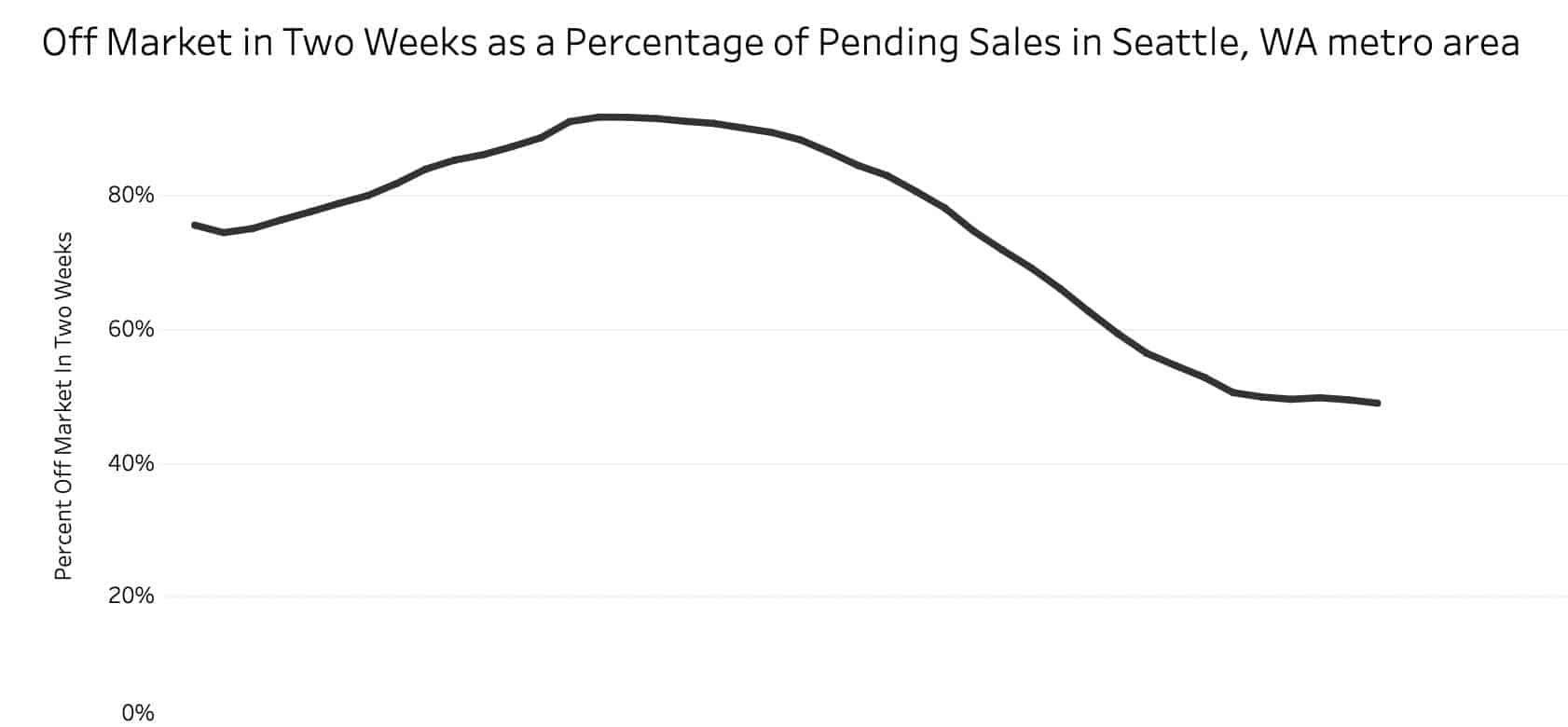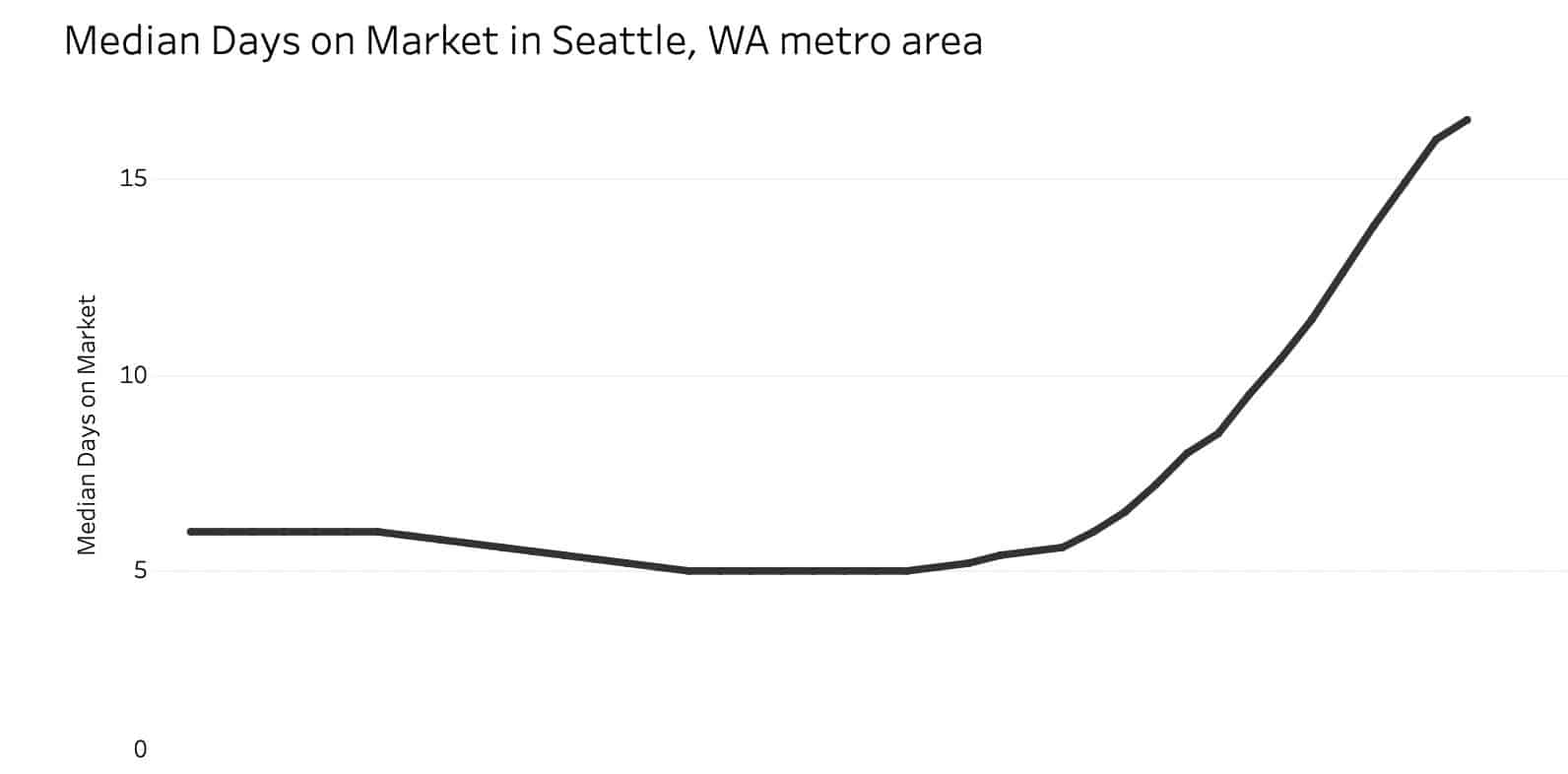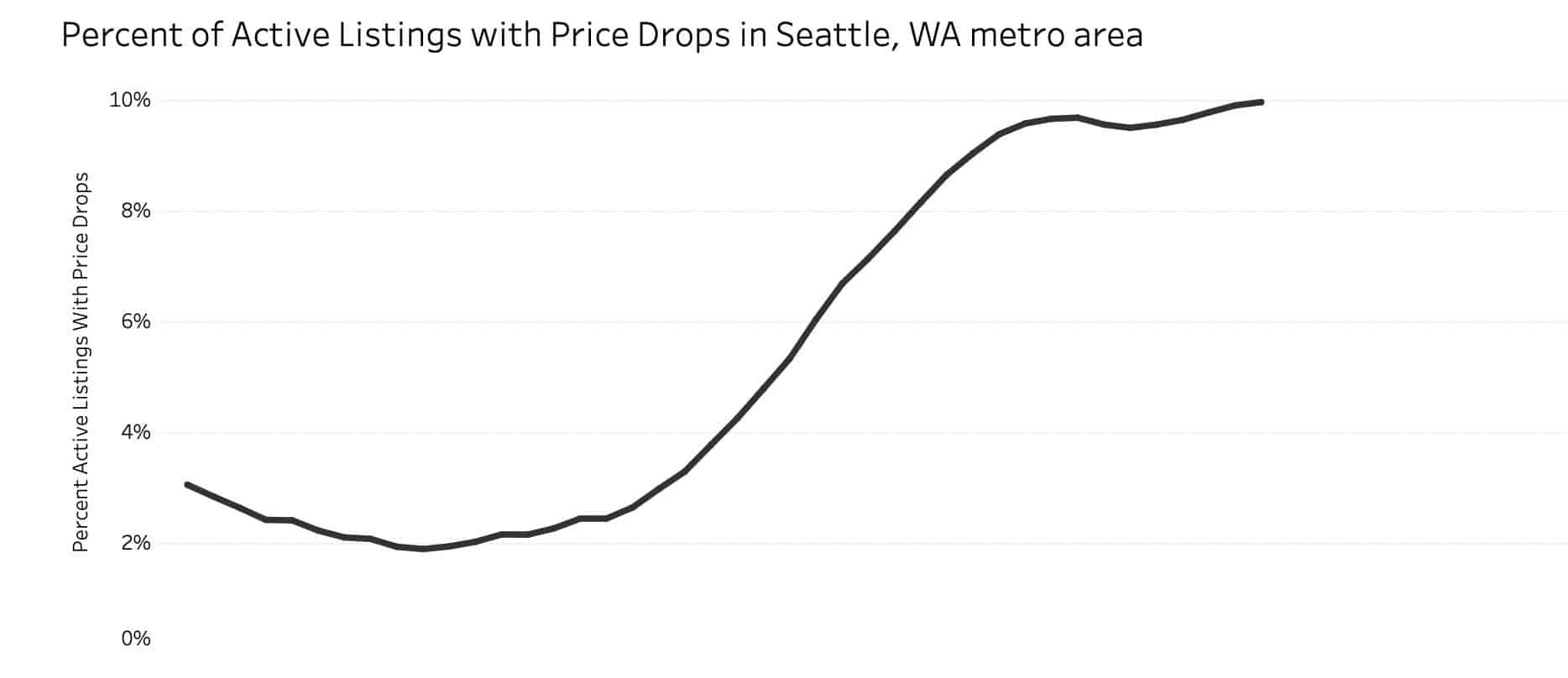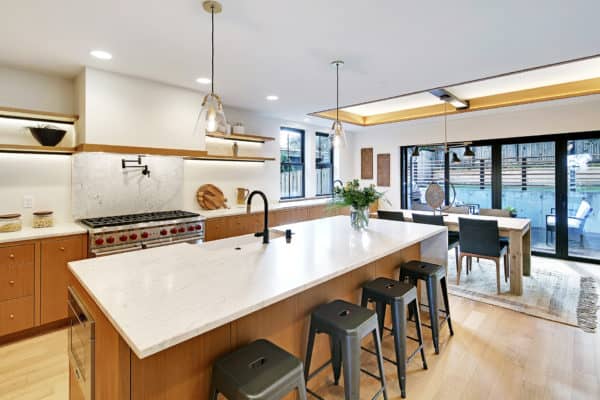A Global Recession Hitting the Housing Market
It’s no secret that the economy has taken a downward turn in recent months. The global economy is now facing another recession after the combination of recent world events such as the COVID-19 Pandemic and the war in Ukraine. Inflation in the US has risen to 9.1%–a staggering number that is the highest it’s been in 40 years. The sky-rocketing inflation is now causing a cost-of-living crisis for many families across the country. So how does this recession impact the housing market? J.P. Morgan Research states that the cost of living crisis will cause buyers to rethink their “buyer behaviors” by cutting back on their spending. Just as consumers will rethink their everyday costs, they will also think twice about buying a new house. Interest rates are climbing, and are currently at 7.05% for a 30-year fixed mortgage. This is the highest rate since the Great Recession of 2008-2009. In the last few months, the current recession has caused the housing market to slow down nationally.
What does the recession mean for the Seattle housing market?
In the last 3 months, the Seattle housing market has significantly cooled down. Houses are now spending longer periods of time on the market with fewer offers. This means that many homes are now selling for lower than the original asking price. This is a stark contrast from the last few years during the pandemic. The pandemic years artificially stimulated the housing market as interest rates were cut and people were desperate to move home after quarantining. During this time, house prices in the Greater Seattle Area were the third-fastest growing in the country. It was a seller’s market, and the competition to buy homes was extremely high. This put pressure on buyers to make immediate offers over asking price; houses often sold with multiple offers within days. However, Redfin now reports that the Seattle housing market is cooling down faster than any other city in the US as a result of the recession. This shift to a buyer’s market has been dubbed ‘the Great Reversion’.

Redfin Data Graph of the Seattle housing market: percentage of homes pending within 2 weeks of listing. Graph shows a sharp downturn of the number of homes on the market that go pending within two weeks of being listed.
The shift to a buyer’s market
According to Redfin, in the first quarter of 2022, 91.7% of homes in the Seattle market went pending within 2 weeks of being listed. Since August, this percentage has almost halved due to recession, dropping to 48.9%. Since August, the median time for Seattle homes on the market is 29.1 days. As a result of slower sales, now 10% of homes listed experience a drop in price before pending. As houses sit on the market longer, buyers have the power to be more selective with their choice before putting in offers. Without the fear of losing out during the housing boom, buyers are taking their time to find a home that ticks all of their boxes and even negotiating the price. It’s a very different market to 2021, when houses on the market received an average of 5 offers and went pending within 12 days.

Redfin Data Graph of the Seattle housing market: median days on market. Graph shows a sharp increase of time that houses spent on the market in recent months.
Why home staging is more important than ever during a recession
As a result of the housing reversal, it is now more crucial than ever to make sure your home looks its best. Studies show that buyers take just 25 seconds to decide whether or not they like a property during a viewing. The first impression really does sell your home. Moreover, 87% of home buyers admit that photos play a large impact on their decision. The majority of homebuyers decide which homes to view based on the listing photos. Home staging not only impresses buyers during viewings, but it’s what attracts the buyers to take the time to visit the home in the first place. This is why it’s imperative to stage your home during a buyer’s market. As competition between houses increases, sellers need to ensure that their home stands out–in the right way. If sellers don’t put in the effort to make sure their home is attracting buyers, they will suffer the consequences. Gone are the days of an ultra-competitive market where anything sold.
Sellers need to make sure that their listing photos sell their house and not their competition. Even during Seattle’s booming market, vacant homes stayed stagnant on the market for an average of 165 days. Home staging significantly reduces this, making it an investment sellers can ill afford to skip. It gets viewers in the door and sells buyers a lifestyle they desire, making them more willing to part with their money. In an economy where people are selective with their spending, it’s crucial to show buyers what makes your home special. Therefore, a slower housing market during recession means home staging is more important than ever.

Redfin Data Graph of Seattle housing market: active listings with price drops. Graph shows a large increase of homes on the market that have been reduced in price.
Feel free to share this post:



